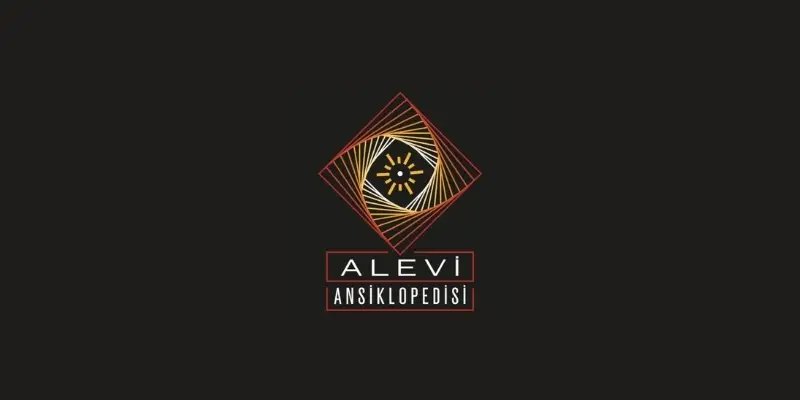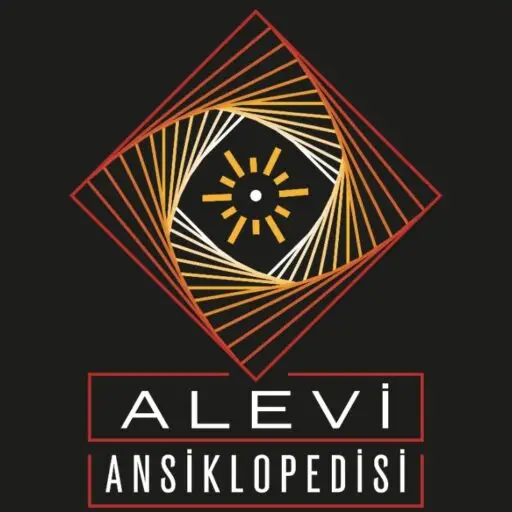First Alevi Encyclopedia Symposium (Experiences, Reflections, Opportunities, Goals) Held in Dortmund
The symposium created a broad platform to debate the future of Alevi knowledge, focusing on how to safeguard it from political pressures, integrate it into academic life, and transmit it to new generations through digital and transnational channels.
Day One – 16 November 2024
The opening sessions addressed the politics of knowledge and the challenges posed by state-controlled narratives, highlighting the need for alternative ways of producing and transmitting Alevi knowledge.
Another session examined the work of Alevi academies in Europe, focusing on collaborations with universities and how Alevi studies can be integrated into higher education.
The day concluded with the theme of “Digitalizing Alevism,” exploring the opportunities and challenges of archiving Alevi memory in the digital era through online museums, platforms, and innovative projects.
Day Two – 17 November 2024
The second day emphasized solidarity across communities facing similar histories of oppression. Under the theme of “Assimilation and Resistance,” representatives of Êzidî, Yaresan, Nusayri, and Kakai communities shared their struggles and strategies for survival.
This was followed by a dialogue with Pirler and Analar, who discussed Alevi cosmology, the notion of the insan-ı kâmil (perfected human), and the sacred geography of Raa Haqi from a theological perspective.
The symposium concluded with the session “How to Build an Alevi Encyclopedia?” where Alevi federations, civil society leaders, and academics debated how to collectively contribute to creating a comprehensive, scientific, and inclusive encyclopedia.
A Collective Milestone
The symposium underscored that the Alevi Encyclopedia is not only a digital publishing project but also a collective platform for producing, sharing, and safeguarding Alevi knowledge. By addressing political challenges, expanding educational and digital channels, and fostering solidarity with other faith communities, the event marked a milestone in the effort to preserve and transmit the historical and cultural heritage of Alevism to future generations.
Breaking the Monopoly on Knowledge
The history of Alevism has been shaped not only by physical violence and massacres but also by a long-standing monopoly over knowledge. From the Ottoman Empire to the Turkish Republic, state institutions restricted Alevi communities from expressing their own history and religious knowledge, often labeling Alevism with pejorative terms such as “heresy” or “heterodoxy.” Today, this legacy continues through compulsory religious education, the central role of the Directorate of Religious Affairs (Diyanet), and new state-controlled bodies such as the Alevi-Bektashi Presidency.
The Alevi Encyclopedia directly challenges this tradition by creating a space where knowledge is produced outside of statist and external frameworks. By drawing on the community’s own concepts, symbols, oral traditions, and collective memory, the project aims to reclaim Alevi knowledge as it is lived and experienced. The symposium demonstrated that the Encyclopedia is not merely an archive but a platform where knowledge can be liberated from monopoly and manipulation and transmitted in plural, participatory, and authentic ways.
Opening New Channels in Europe and the Digital Sphere
Since the 1990s, Alevi communities have built a strong organizational presence in Western Europe. Through academies, cultural centers, university programs, and diaspora institutions, new avenues for transmitting Alevi knowledge have emerged. At the same time, the opportunities of the digital age have become indispensable for safeguarding Alevi memory. Online museums, digital archives, documentary films, and web-based platforms now serve as vital tools in the community’s cultural production.
The Alevi Encyclopedia is the most comprehensive initiative of this new era: a multilingual, constantly updated platform that reaches young generations directly. As debated in Dortmund, digitalization is not only about preserving the past but also about reproducing knowledge, enriching it with new interpretations, and making it globally accessible.
Solidarity with Opressed Faiths
The historical fate of Alevis overlaps significantly with that of other ancient communities in Mesopotamia and Anatolia. Êzidîs, Yaresan, Nusayris, Kakais, and Syriacs have all endured marginalization, forced displacement, and assimilation. For this reason, the Alevi Encyclopedia does not limit itself to documenting Alevi knowledge but seeks to build a shared archive of memory and resilience alongside these communities. The participation of their representatives at the symposium was a clear reflection of the project’s pluralistic and solidarity-driven outlook. This approach moves Alevi knowledge beyond being an internal matter and positions it as part of a broader, even universal, responsibility for the preservation of cultural heritage.
Overall Assessment
The First Alevi Encyclopedia Symposium pointed clearly to three strategic goals: producing knowledge free from monopolies and manipulations; transmitting Alevi knowledge through digital and international channels adapted to the needs of our time; and building a universal platform in solidarity with other ancient faiths. These aims underline that the Encyclopedia is not simply an academic reference work but also a living space of memory that strengthens the cultural autonomy and intellectual resilience of Alevi society.
Conclusion
This symposium showed that the Alevi Encyclopedia is not a purely technical digital publishing venture, but rather a powerful expression of the determination of Alevi communities to produce and transmit their own knowledge in their own terms. For a people long confronted with assimilation, epistemic violence, and cultural erasure, the Encyclopedia emerges as an instrument to protect historical heritage, cleanse communal memory from distortion, and write their truth in their own voice.
The discussions highlighted the project’s far-reaching mission: to record the historical, theological, folkloric, sociological, anthropological, and cultural dimensions of Alevism with a multidisciplinary and multilingual approach; to free knowledge from the control of state institutions; and to provide younger generations with a reliable platform to learn Alevism from its original sources. Accessible not only in Turkey but also across the diaspora, the Alevi Encyclopedia stands as a dynamic site of collective memory—preserving the past, reflecting the present, and transmitting the cultural richness of Alevism to the world with academic accuracy and critical awareness.


